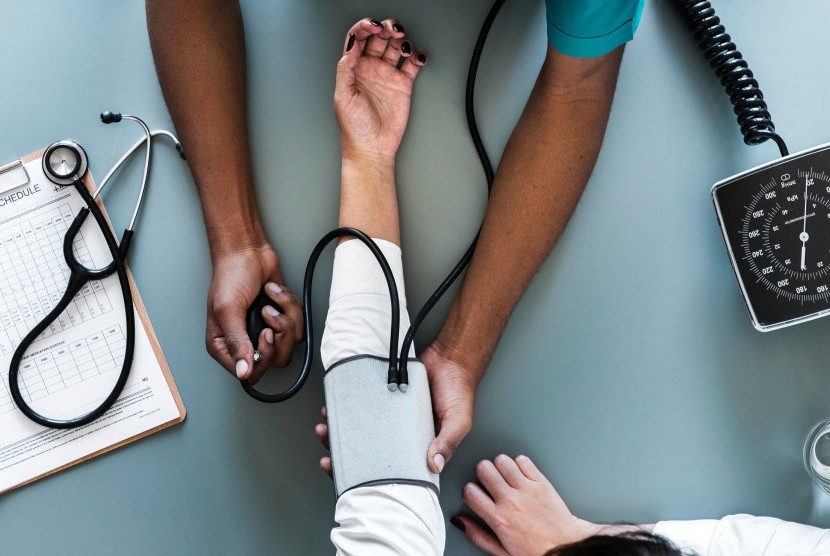Some foods work better on women than men.
REPUBLIKA.CO.ID, JAKARTA — Researchers suggest the main foods that were revealed to be effective for controlling blood pressure for women. Study findings have been published in European Heart Journala journal created by the European Society of Cardiology (ESC).
The research team found that when mineral intake rose, blood pressure tended to fall. This means that eating foods rich in minerals (especially potassium) such as bananas, avocados, salmon, as well as vegetables, fruit, nuts, seeds, and dairy products will help control hypertension.
Food intake is said to help reduce the negative effects of salt in women’s daily menus. The researchers say their findings suggest the mineral helps maintain heart health, but that women benefit more than men.
According to research, potassium protects the heart and increases the excretion of sodium in the urine. “It is well known that high salt consumption is associated with increased blood pressure and an increased risk of heart attack and stroke,” said study author Professor Liffert Vogt of the University of Amsterdam Medical Center in the Netherlands.
The study included 11,267 men and 13,696 women from the Epic-Norfolk study, in the age range of 40 to 79 years from general practice in Norfolk, England, between 1993 and 1997. Each participant filled out questionnaires about lifestyle habits, blood pressure and urine samples.
Then, researchers analyzed the relationship between potassium intake and blood pressure, finding that potassium consumption (in grams per day) was associated with blood pressure in women. During a median follow-up of 19.5 years, 13,596 people were hospitalized or died of cardiovascular disease.
Overall, researchers found that participants with the highest potassium intake had a 13 percent lower risk of cardiovascular events compared to those with the lowest intake. When men and women were analyzed separately, the risk reduction was seven percent and 11 percent, respectively.
The amount of salt in the diet did not affect the relationship between potassium and cardiovascular events in men or women. The study results are in line with the UK National Health Service (NHS) recommendation that adults aged 19 to 64 years need 3,500 milligrams of potassium a day from food intake.
Tracy Parker, a senior dietitian at the British Heart Foundation (BHF) who was not involved in the study, said the research supports suggestions to reduce salt intake and eat more potassium-rich foods. However, staying healthy isn’t just about monitoring what’s on your plate.
“Limiting alcohol intake and staying physically active will also help lower blood pressure, reducing the risk of a heart attack or stroke,” Parker said. Get Surrey.


